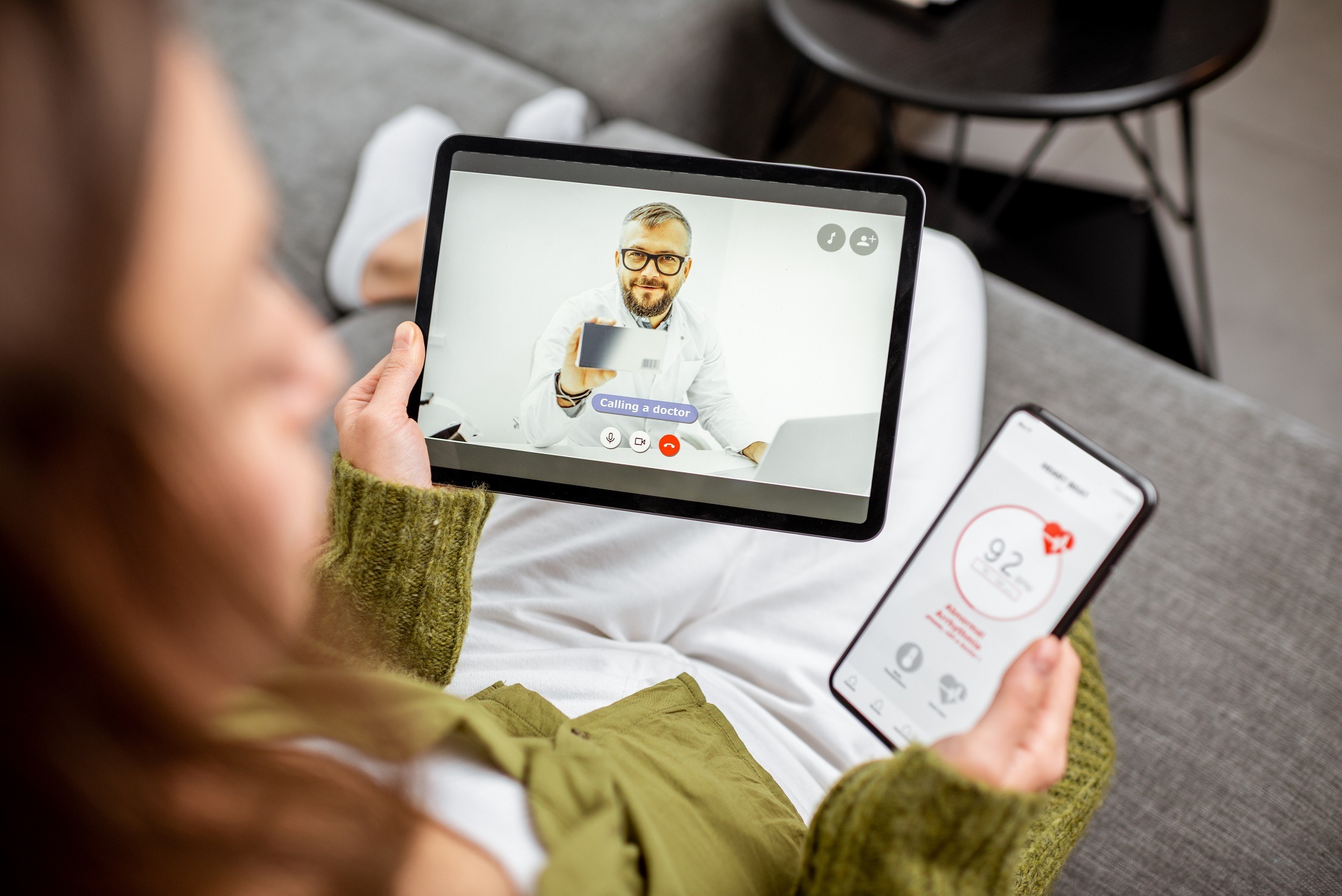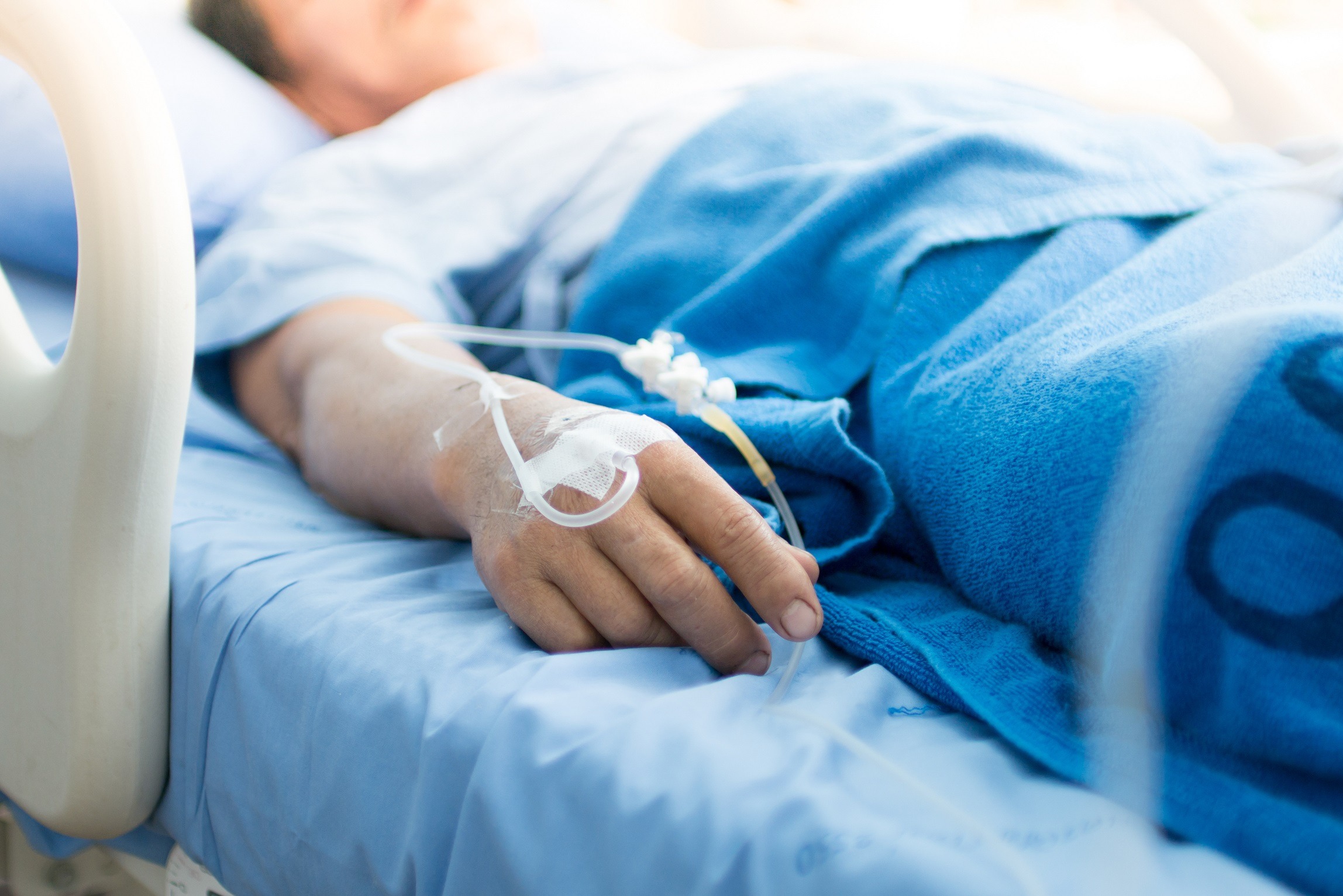
The Covid-19 pandemic has touched every area of the medical device sector in some way since it began to take hold in early-2020 – and clinical trials are no exception. Fiona Maini, global compliance and strategy principal at Medidata and chair of the ACRO Decentralised Clinical Trials Working Party, discusses the need for regulators and companies alike to embrace a more decentralised clinical trial model moving forward.
Established technologies to facilitate decentralised, or virtual, drug and medical device trials have been around for well over a decade and are already used worldwide to support remote trials.
Software, where appropriate, can create less of a burden on those administering trials, and help ensure patient centricity, at a time where research and development has become crucial in accelerating Covid-19 research – but also in continuing research within other disease areas.
The pandemic, a health disaster that has impacted lives worldwide, has become a catalyst of change in the world of clinical trials, and has created urgency on the topic of greater trial decentralisation across the board.
To continue trials within drug and medical device development, regulators and organisations have looked to technology and remote strategies to ensure continuity of clinical research.
The growing need for decentralised clinical trials
Despite its presence, adoption of technologies and software to support remote trials over the years has been slow and, for the most part, this has been due to multiple factors, including risk aversion.
Prior to Covid-19, the ACRO Decentralised Clinical Trials (DCT) Working Party detailed how the traditional in-person way of conducting clinical research could, and should, transition to a more decentralised process.
This is timely, considering the impact that Covid-19 has had on the industry and the immobility the pandemic has caused.
The focus of this ACRO DCT research was primarily on drug investigation, but there are many similarities with medical device investigation and combination trials – where a drug and a device are used in combination.
Regulatory bodies, such as the FDA, EMA, MHRA and others, have been quick to respond with updates to guidance to help combat Covid-19, as well as helping organisations to continue running their clinical trials in other disease areas.
This has instilled an air of flexibility, pragmatism and modernisation in the industry previously unseen, and at an unprecedented rate.
The problem with the adoption of decentralised drug and medical device trials is not due to limitations of technology – remote trials have been around for some time and are already being used today.
Ultimately, to continue and to encourage the adoption and investment in decentralised trials, it would be beneficial for regulators to develop end-to-end guidance, enabling and empowering organisations to use remote measures, and capture the benefits for patients.
One way that this could be progressed is to include and promote discussion around remote strategies and DCTs at an International Conference on Harmonisation (ICH) Good Clinical Practice (GCP) Renovation level.
Regulatory persistence
As many regulators have recently updated guidance to encourage more remote strategies to be deployed during the pandemic, some speculate that both drug and medical device trials will return to the familiar on-site in-person model once Covid-19 vaccines are rolled out.
For a number of companies, a move to decentralised trials will mean a big shift in trial design and execution, which might require changing the mindset of clinicians and researchers as well as educating and training clinical staff accordingly.
However, we do not know the long-lasting impact of the pandemic, and processes that are already being implemented into trial design to facilitate the use of decentralised trials are surely to find themselves permanently embedded in the overall process.
It is key that we learn from these new processes, rather than revert back to the old.

Encouragement from authorities, alongside investment, will help cement these initiatives within organisations and the broader industry.
The stricter regulations for medical device trials recently implemented in the EU further highlight the need for effective and streamlined trial processes, and this is where the support of technology is fundamental.
Despite the difficulties brought by the pandemic, it has generated a new willingness for decentralised trials that will hopefully foster a more permanent adoption of faster and more efficient trial conduct, enabled by technology that ultimately puts the patient at the centre, and leads to faster drug and medical device development.
Medical device differentiation
There are additional considerations when it comes to medical device trials that could make a decentralised approach difficult in certain cases.
The trial could require access to the device in a clinical setting, or the device could require a clinician to administer or operate it.
This might require more creative approaches to virtualising those trials, like using simulated or virtual patients to test the device on.
Medical device trials have different classifications of risk, from Class I – very low-risk products like plasters and eyewear – to Class III – including very high-risk devices like pacemakers and prosthetic heart valves.
The way in which devices are processed will depend on the device itself.
Usually, low-risk devices can be self-certified, whereas high-risk devices require permanent monitoring.
A device like a pacemaker or hip implant would need to be inserted by a doctor on site, but the subsequent monitoring can be done virtually.
An insulin pump – a device that delivers insulin directly into the body for people with diabetes – can be used by patients in the comfort of their own home, or even on the go, eliminating the need for patients to go into a clinic every time they need a dose of insulin.
End-to-end guidance
End-to-end guidance would cement the longevity of any plan regulators had for continuing the transition to decentralised trials, and a comprehensive guide would allow pharmaceutical and medical device companies to confidently and safely conduct remote trials.
This work has already been started by industry experts. The ACRO DCT Working Party, which Medidata chairs, has detailed the points in a clinical trial where traditional in-person processes can be moved to a decentralised model.
The Working Party has had discussions with the UK’s MHRA and HRA (Health Research Authority) to help bridge the gap between regulators and industry by answering questions and offering feedback.
The aim is to identify the benefits and challenges, and the nuances between different countries, and to create a holistic understanding of decentralised trials across the sector.
Working parties like this welcome support from regulators to produce a broader picture and understanding of decentralised drug and medical device trials in the Covid-19 landscape.
The ultimate goal is that the industry as a whole, and those conducting decentralised trials, feel confident in their processes and how they can carry them out efficiently with no detriment to patient care and safety.
The benefit to patients
A shift towards patient centricity is something the whole industry is experiencing – technology and software providers in the space are no different, and are striving to improve the information available to patients and leverage them as resources in trials as they are experts on their disease.
The overall improvement to the patient experience is another important reason for encouraging the adoption of decentralised clinical trials.
In a study of 12,000 people, more than 75% preferred the option to collect data at their own home by themselves or facilitated by a nurse.
Additionally, 70% of potential trial participants live more than two hours away from their nearest study centre or clinic, leading to difficulties in recruitment and retention of patients in a traditional clinical trial setting.
And, the average dropout rate is 30%. A decentralised trial overcomes some of these issues and minimises the burden on trial participants.

It’s important to note that decentralised trials involve a different way of communicating with patients, via telemedicine, and there will always be instances when patients prefer a face-to-face interaction with a doctor or clinician.
There will also be certain instances where drug or medical device trials need to be conducted in a clinical setting, and administered by a clinician or nurse.
The benefit to the patient cannot be overlooked when considering the importance of continuing decentralised trials now, and beyond the Covid-19 pandemic.
A decentralised model can allow for improved patient experiences, a larger pool of patients as distance becomes less of an issue and, ultimately, can support more successful clinical trials.
Continuing the evolution
Decentralised trials are proving themselves invaluable in light of Covid-19.
While many ongoing trials have had to be paused – due to the need for in-person visits – trials conducted under decentralised models have been able to continue, preventing an industry-wide halting of research and development.
It would be easy to slip back to the old and return to a traditional way of conducting trials for new drugs and medical devices when this pandemic is behind us, but it would be devastating to the evolution of the decentralised trial model.
The pandemic was unexpected by most of us and came suddenly.
But, continuing to promote and invest in adapting regulatory guidance, and improving patient experiences in a decentralised model – while learning from our current situation – will ultimately mean that clinical trials across the sector will evolve to be more efficient, safer, faster, and beneficial for all that take part.






